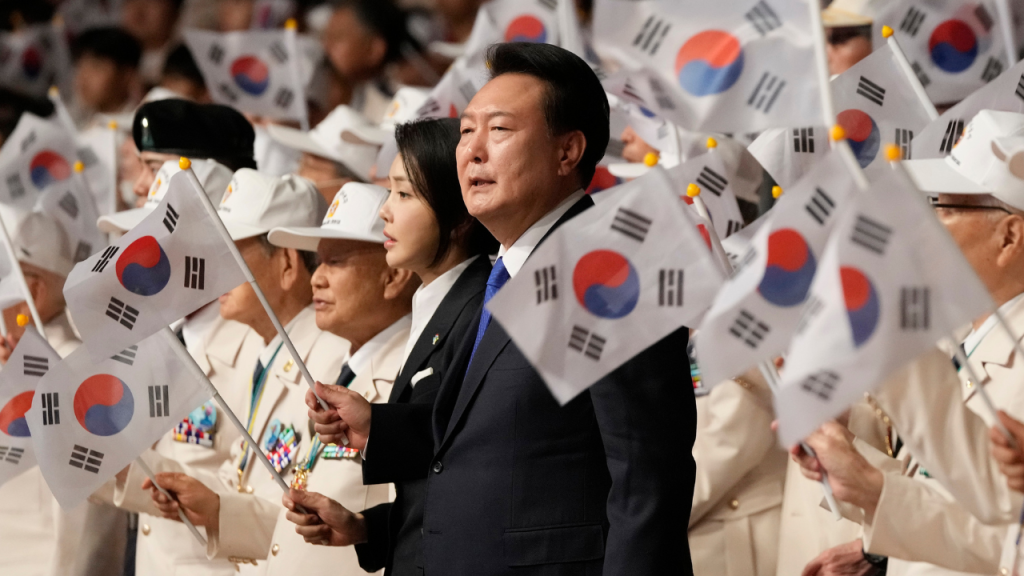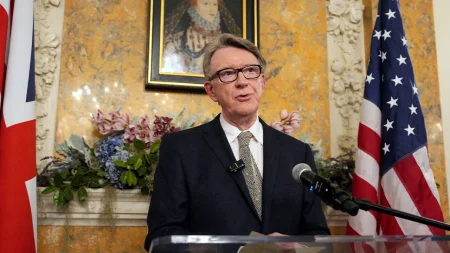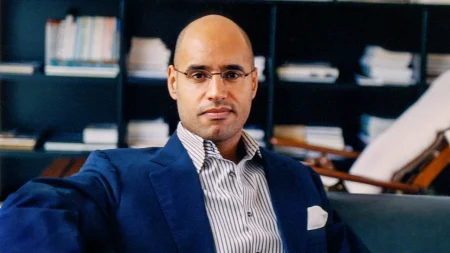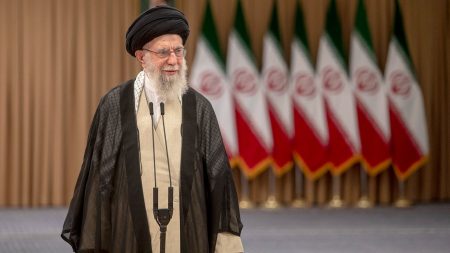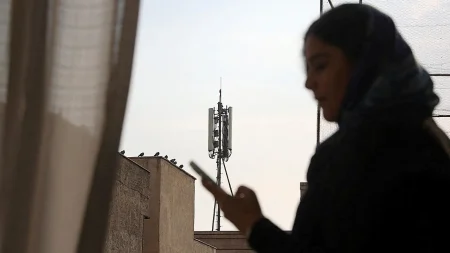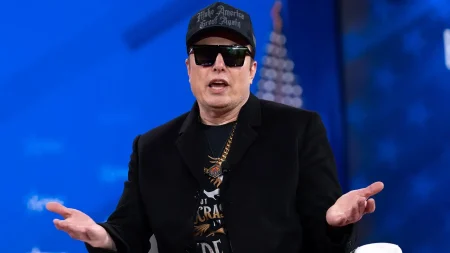The political landscape of South Korea has been thrown into turmoil following President Yoon Suk Yeol’s short-lived declaration of martial law, a move that has sparked investigations, impeachment attempts, and a travel ban. The Justice Ministry, acting on requests from police, prosecutors, and an anti-corruption agency, has barred President Yoon from traveling overseas as investigations into the circumstances surrounding the martial law declaration intensify. This unprecedented action underscores the gravity of the situation and the potential legal ramifications for the president. Yoon’s declaration of martial law, which involved deploying special forces onto the streets of Seoul, triggered widespread political protests and condemnation from opposition parties who labeled it an “unconstitutional, illegal rebellion or a coup.” The ensuing political fallout has seen former Defense Minister Kim Yong Hyun detained for allegedly advising Yoon to declare martial law, becoming the first individual arrested in connection with the case. The Defense Ministry has also suspended three high-ranking military commanders for their purported involvement.
While President Yoon survived an initial impeachment attempt on Saturday due to a boycott by his own party, the opposition remains determined to pursue his removal from office, pledging to introduce a new impeachment motion this week. This determination reflects the deep political divisions that have emerged in South Korea, with the opposition viewing Yoon’s actions as a severe breach of constitutional norms. The situation draws parallels to the 2017 impeachment of former President Park Geun-hye, who was ultimately removed from office following a corruption scandal. However, Yoon’s case centers on allegations of rebellion and treason, charges that carry significant weight and could have far-reaching consequences. The president’s immunity from prosecution while in office does not extend to these particular allegations, leaving him potentially vulnerable to legal action.
The investigation into President Yoon’s actions has expanded to include the National Police Agency, which has indicated the possibility of detaining the president if certain conditions are met. This statement further intensifies the pressure on Yoon and highlights the seriousness with which the authorities are treating the allegations. The potential detention of a sitting president would be an extraordinary development in South Korean politics, signaling a profound shift in the balance of power. The political crisis has also prompted internal discussions within Yoon’s own People Power Party, with the party leader advocating for Yoon’s early and orderly exit from office to minimize social disruption. This suggestion underscores the growing concern within the ruling party about the damage being inflicted on the country’s stability and the potential for further escalation.
President Yoon has publicly apologized for declaring martial law, stating that he will not attempt to evade legal or political responsibility for his actions. He has also indicated his willingness to step back from state affairs, allowing his party to navigate the current political turmoil. However, the opposition parties remain unconvinced by Yoon’s apology and are determined to hold him accountable for what they consider a blatant abuse of power. They argue that his declaration of martial law was a dangerous overreaction and an attempt to suppress dissent. The ongoing investigations by multiple agencies, coupled with the opposition’s relentless pursuit of impeachment, suggest that the political crisis is far from resolved.
The Defense Ministry has affirmed that President Yoon retains control of the military, a power explicitly granted to the president by the constitution. However, the military’s role in the martial law declaration and the subsequent suspension of top commanders raise questions about the chain of command and the extent of the military’s involvement in the political crisis. The situation remains fluid, with the potential for further developments as the investigations progress and the impeachment process unfolds. The international community is closely watching the events in South Korea, concerned about the implications for regional stability and the future of democracy in the country. The crisis highlights the fragility of democratic institutions and the importance of upholding the rule of law, even at the highest levels of government.
The unfolding events in South Korea represent a significant test for the country’s democratic institutions. The investigation into President Yoon’s actions, the impeachment efforts, and the travel ban all contribute to a complex and rapidly changing political landscape. The outcome of these processes will not only determine the fate of President Yoon but also shape the future trajectory of South Korean politics. The international community continues to observe the situation closely, recognizing the importance of upholding democratic principles and the rule of law in a region marked by geopolitical complexities. The coming weeks and months will be crucial in determining the long-term consequences of this political crisis and its impact on South Korea’s stability and international standing.





